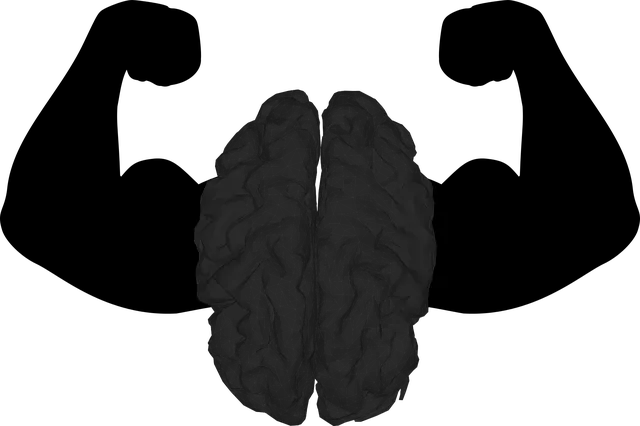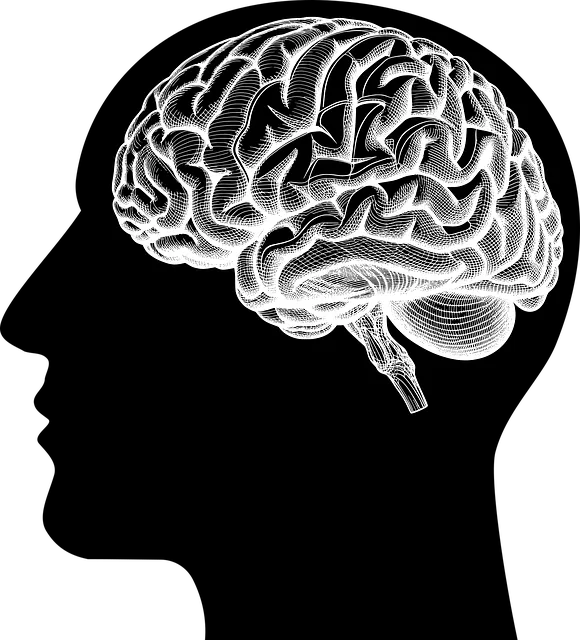Kaiser's therapists in Northglenn offer evidence-based emotion regulation therapy, utilizing techniques like mindfulness, cognitive reframing, and cultural sensitivity. They guide clients towards self-awareness, coping mechanisms, and adaptive strategies for managing difficult emotions, potentially preventing depression. With a holistic approach, including CBT and cultural competency training, these therapists empower individuals to navigate emotional challenges effectively, improving overall mental wellness. Researching and choosing therapists aligned with your needs is key to successful emotion regulation through therapy at Kaiser Northglenn.
Emotion regulation techniques are essential tools for managing life’s challenges. This comprehensive guide explores the fundamental aspects of emotion regulation, highlighting the crucial role therapists play in teaching effective strategies. We delve into popular techniques and their impact on overall well-being, while also guiding readers on finding suitable therapy options in Northglenn, including evaluating whether Kaiser has good therapists in the area.
- Understanding Emotion Regulation: Unraveling the Basics
- The Role of Therapists in Teaching Effective Strategies
- Popular Techniques and Their Impact on Well-being
- Finding the Right Fit: Evaluating Northglenn's Therapy Options for Emotion Regulation
Understanding Emotion Regulation: Unraveling the Basics

Emotion regulation is a crucial aspect of mental wellness, allowing individuals to manage and respond to their feelings effectively. At Kaiser in Northglenn, therapists often teach clients various techniques to unravel the basics of emotion regulation, promoting emotional well-being. The first step involves understanding one’s emotions – identifying what they feel and why. This self-awareness is fostered through introspection, encouraging individuals to keep a Mental Wellness Journal, where they can record their thoughts, feelings, and triggers.
The next layer includes learning coping mechanisms like mindfulness exercises and Guided Imagery, which help individuals stay present and regulate their responses. Additionally, techniques such as Cognitive Reframing and Problem-Solving Guidance enable clients to challenge negative thought patterns and develop more adaptive strategies for dealing with difficult emotions. These practices collectively contribute to the promotion of emotional well-being and even play a role in depression prevention.
The Role of Therapists in Teaching Effective Strategies

At Kaiser in Northglenn, therapists play a pivotal role in teaching individuals effective emotion regulation techniques. Skilled therapists employ a range of evidence-based strategies tailored to each client’s unique needs and experiences. They facilitate learning through active listening, providing a safe and non-judgmental space for exploration and understanding. By integrating Cultural Sensitivity in Mental Healthcare Practice, therapists ensure that interventions are inclusive and respectful, addressing the individual within their broader cultural context.
The process often involves teaching clients to recognize and label emotions, understand triggers, and develop adaptive coping mechanisms. Therapists guide individuals through mindfulness exercises, cognitive reframing, and stress management techniques. Through these teachings, Kaiser’s therapists empower clients to navigate emotional challenges more effectively, ultimately contributing to improved mental wellness. Public Awareness Campaigns Development can further bolster these efforts by spreading knowledge about available resources and strategies for emotion regulation.
Popular Techniques and Their Impact on Well-being

In the quest for optimal well-being, emotion regulation techniques have emerged as powerful tools, and many reputable healthcare institutions, such as those with skilled therapists in Northglenn, are integrating these practices into their offerings. Popular methods include mindfulness meditation, a practice that has gained significant traction in recent years. By encouraging individuals to focus on the present moment, mindfulness fosters self-awareness and emotional detachment, enabling better management of intense feelings. This technique is particularly effective for resolving conflicts within interpersonal relationships by promoting calmness during heated discussions.
Another influential strategy is cognitive behavioral therapy (CBT), which teaches individuals to identify and challenge negative thought patterns contributing to emotional distress. CBT has been extensively studied and proven to enhance mental well-being. Additionally, healthcare provider cultural competency training plays a crucial role in effective emotion regulation within diverse communities. By understanding and respecting different cultural perspectives on emotions, therapists can tailor their approaches, ensuring that every client receives culturally sensitive care. This holistic integration of conflict resolution techniques, CBT, and cultural competency training contributes to the success of emotion regulation programs, positively impacting individuals’ overall well-being.
Finding the Right Fit: Evaluating Northglenn's Therapy Options for Emotion Regulation

In Northglenn, individuals seeking to improve their emotion regulation skills have a variety of therapy options available through local practices and healthcare providers. When evaluating which approach is the right fit, it’s crucial to consider personal preferences, therapeutic modalities, and the provider’s expertise. Some may find Cognitive Behavioral Therapy (CBT) effective for managing emotions by identifying and changing negative thought patterns. Others might benefit from Mindfulness-Based Therapies, which teach present-moment awareness and emotional detachment.
When exploring options, it’s essential to research and choose therapists who align with your needs. For instance, Kaiser in Northglenn is known for its comprehensive mental health services, including therapists specializing in various techniques. Self-Care Routine Development for Better Mental Health can be a complementary strategy taught by some providers. Additionally, Mental Health Education Programs Design offer valuable knowledge for better understanding and managing emotions. Boosting confidence through therapy sessions can also empower individuals to regulate their emotions more effectively.
Emotion regulation techniques, when taught effectively, can significantly enhance one’s mental well-being. As discussed, therapists play a pivotal role in guiding individuals towards understanding and managing their emotions healthily. With various popular strategies available, such as mindfulness and cognitive-behavioral therapy, Northglenn residents have access to potentially life-changing support. When choosing a therapist, it is essential to consider individual preferences and needs, ensuring a good fit. In terms of evaluating options, Kaiser may offer excellent therapy services in Northglenn, providing hope for those seeking specialized emotion regulation support.






